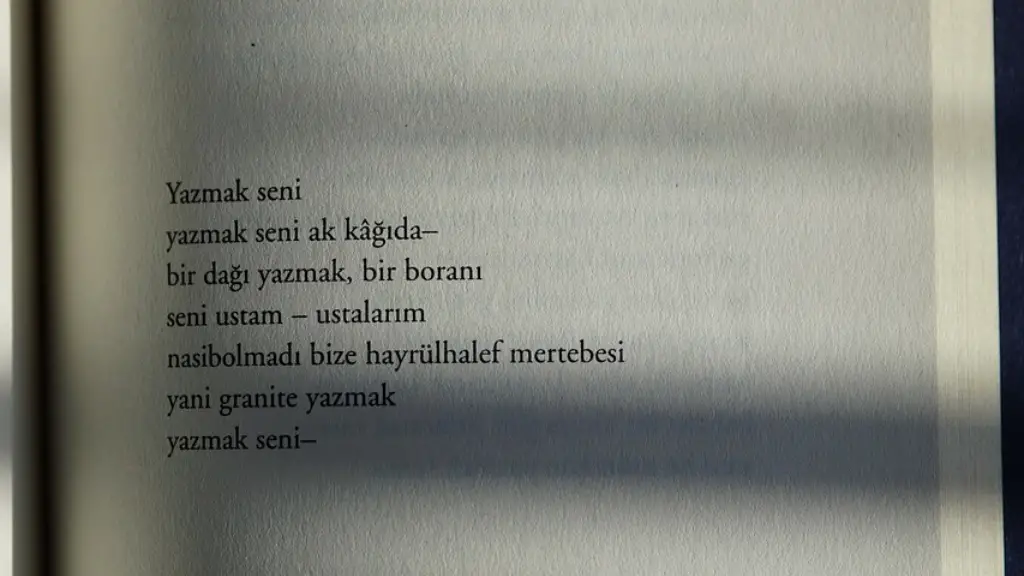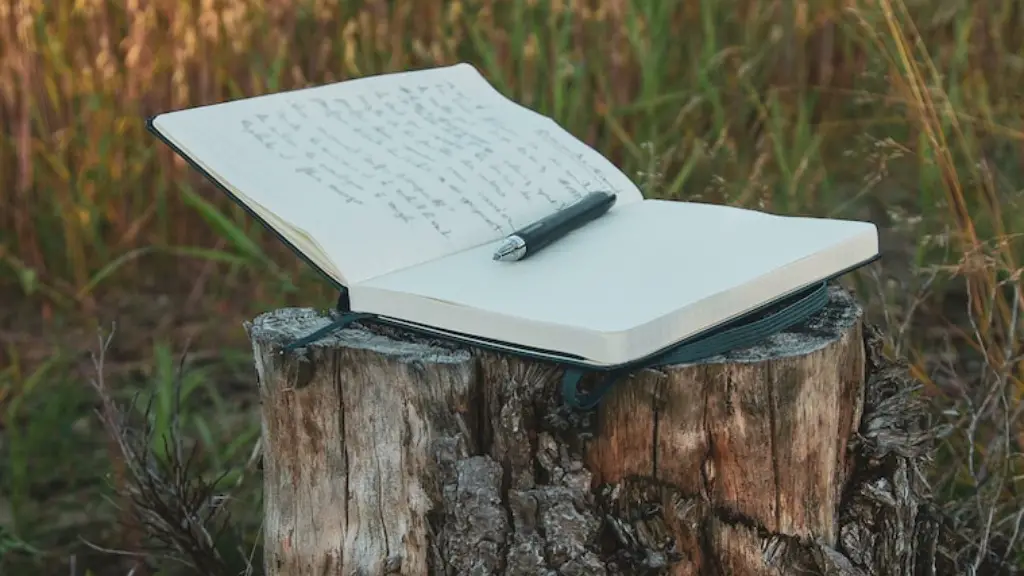Researching poetry publishers
It can be daunting to approach any kind of publishing industry. The publishing industry is full of gatekeepers and they can be intimidating. Fortunately, though, researching publishers of poetic works has become a bit easier due to the internet. Before getting into the nitty-gritty of how to go about finding a publisher, it’s important to understand what being published means for the poet.
Often times, when a poet is published, it means that their work is recognized as having artistic merit. It also means that the poet will be able to make a little bit of money from their work, in the form of an advance, royalties, or a percentage from sales. Lastly, being published by a publisher can really help to build a poet’s career and open up more opportunities for them.
Start with an evaluation
The first step for a poet to take on their journey towards finding a publisher for their work should be to evaluate the material they have written. This involves reading through each poem and deciding which are their best works, and which are not so great. As the adage goes, “you can’t edit what you don’t read”, so it’s important that poets take the time to read through each piece and decide which ones they would feel proud to share with the world.
Once the poet has chosen their best material, they should set these pieces aside, and then start to edit and refine them. It’s important to note that this isn’t the same as re-writing; rather, it’s about honing and perfecting the existing content. This could involve adding additional details or expanding on existing ones, as well as improving the flow and structure of the poem.
Authentic voice
When a poet is looking for a publisher for their work, it’s important to remember that the most important element to consider is the poem’s voice. Does the poem have an authentic voice and tone that will resonate with readers? If the answer is no, then it’s time to go back to the drawing board and re-evaluate.
At the same time, a poet should take the opportunity to promote their work and engage with their readers. This could involve posting their work on social media, or even joining online writing communities. This can help to build a following and increase the chances of sparking interest from publishers.
Reach out to publishers
Once their work is ready to be shared with the world, the poet should reach out to publishers and seek out their feedback. It can be beneficial for a poet to look for an independent publisher, as this could be a great platform for them to get their work published. This can also mean that they’re able to keep more of the profits, avoiding the larger profits that traditional publishers often seek.
However, it’s essential that a poet thoroughly research their potential publisher before reaching out. They should take the time to look through the books that they have published before, and to make sure that the publisher’s mission is in-line with the poet’s goals and style of writing.
Visit literary events
In addition to online outlets, a poet should also visit local literary events. This could involve attending poetry slams, open mics, and other such events. These events provide an excellent opportunity for a poet to engage with other like-minded individuals, to showcase their work, and, of course, to network. Additionally, many events feature guests from local and large-scale publishers, and this is a great way for a poet to make connections.
It’s important to bear in mind that a single event isn’t likely to yield instant success, rather it will take time to network and establish contacts. However, the key is to be persistent, and eventually a poet could generate interest from a publisher and start the process of getting their work published.
Submit to Journals and Magazines
Poets should also start submitting their work to journals and magazines in order to get published. This is an especially beneficial option for those who don’t necessarily have an impressive portfolio of well-crafted poems. Submitting to a journal or magazine is an effective way to get published with minimal risk.
When submitting work, it’s important to bear in mind that each journal or magazine has its own submission guidelines, so it’s essential to familiarize oneself with these rules. Additionally, many journals and magazines offer monetary remuneration for published works, which can really help to offset some of the expenses associated with writing.
Produce a Poetry Collection
Finally, poets should consider producing their own collection of poems. This could involve collecting the best of their works and printing them off in a single compilation. This can be a great way to create something tangible and impressive, as it gives readers an insight into the poet’s style, themes, and originality. Having an impressive portfolio could be just the edge that a poet needs in order to win the attentions of a publisher.
Additionally, many publishers are open to poets sending in the whole collection, so it’s important to review their eligibility rules before submitting. Doing so could render the process of finding a publisher much easier.
Collaborate with Other Writers
Collaborating with other poets can also be a great way to build your skills as a writer. Writing in a groups can give insight into other people’s perspectives and styles, which is invaluable for any writer looking to continue honing their craft.
Additionally, collaborating opens up the possibility of finding other poets who publish their work through the same publisher. It can never hurt to network and make connections in the writing world, as it could open up new opportunities and doors.
Be Persistent
Above all else, a poet must ensure that they remain persistent in their efforts. Publishing isn’t an easy process, and so it’s essential that a poet commit to the process, no matter how long it takes. It’s also important to remember that rejection is all part of the process, and each rejection should be taken as an opportunity to improve and refine their work.
It’s also important for poets to keep in contact with publishers. If a publisher likes their work, they should take the time to thank them for the opportunity and to inform them of any new pieces that they have written. Additionally, if a poet receives a rejection from a particular publisher, then they should take the time to write back and to inquire about what changes could be made to make their poetry more appealing to them.
Attend Writing Workshops and Conferences
Attending writing workshops and conferences is also an invaluable step for finding a publisher. These events are great for connecting with other writers and poets, and many times they feature guests from publishers. This can give poets the opportunity to ask questions, to learn more about the submission process, and to make good contacts and network.
Furthermore, writing workshops and conferences can give poets the opportunity to showcase their work and to gain valuable feedback. This provides a great chance to figure out what works in their poetry, and what they should strive to change or improve in order to make their work more appealing.
Tap Into Social Media
Finally, many poets have realized that tapping into social media can be a great way to promote their work and to find a publisher. Social media provides the opportunity for poets to build their following and to get the attention of publishers. This could involve posting snippets from each poem, or even posting entire poems and linking to their website or blog. Additionally, it can be a great platform for poets to connect with and network other writers and poets.
Of course, there’s more to social media than just posting and networking: poets should also work on engaging with their reading base. This could involve taking part in discussions, responding to comments, and even interacting with other writers’ work. All in all, social media provides a great way for poets to promote their work, find potential publishers, and to foster relationships with their readers.


